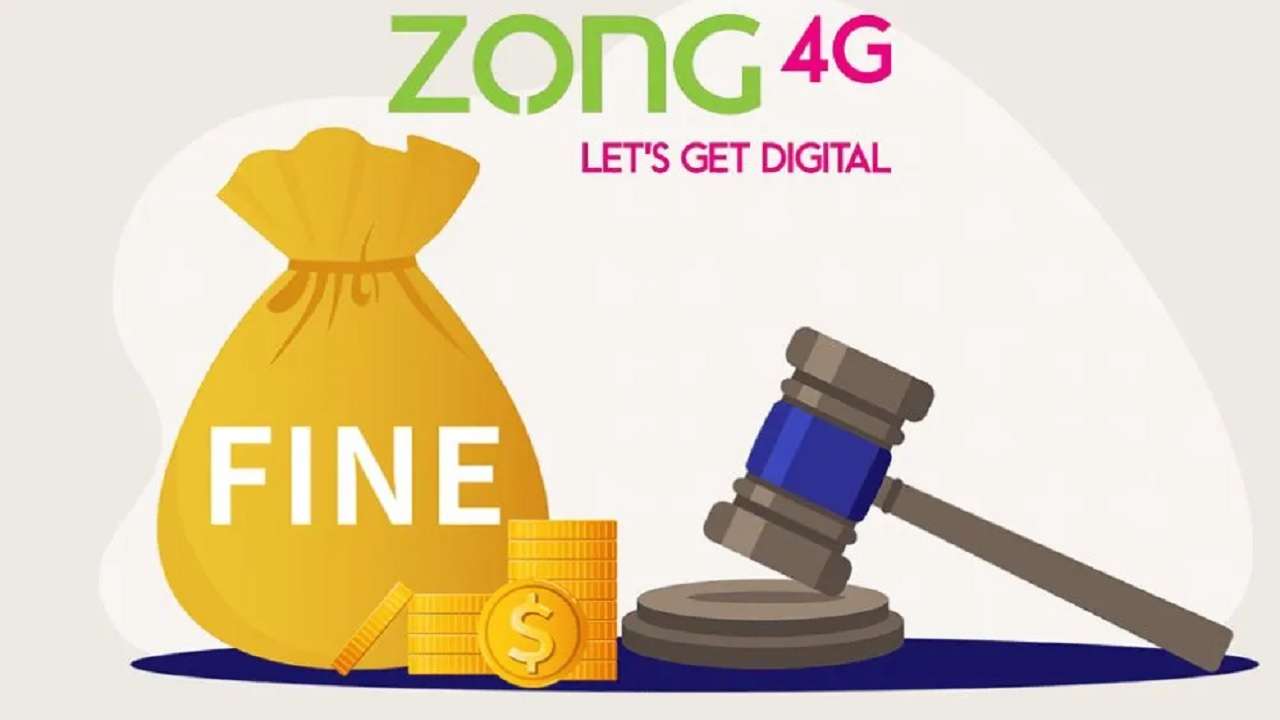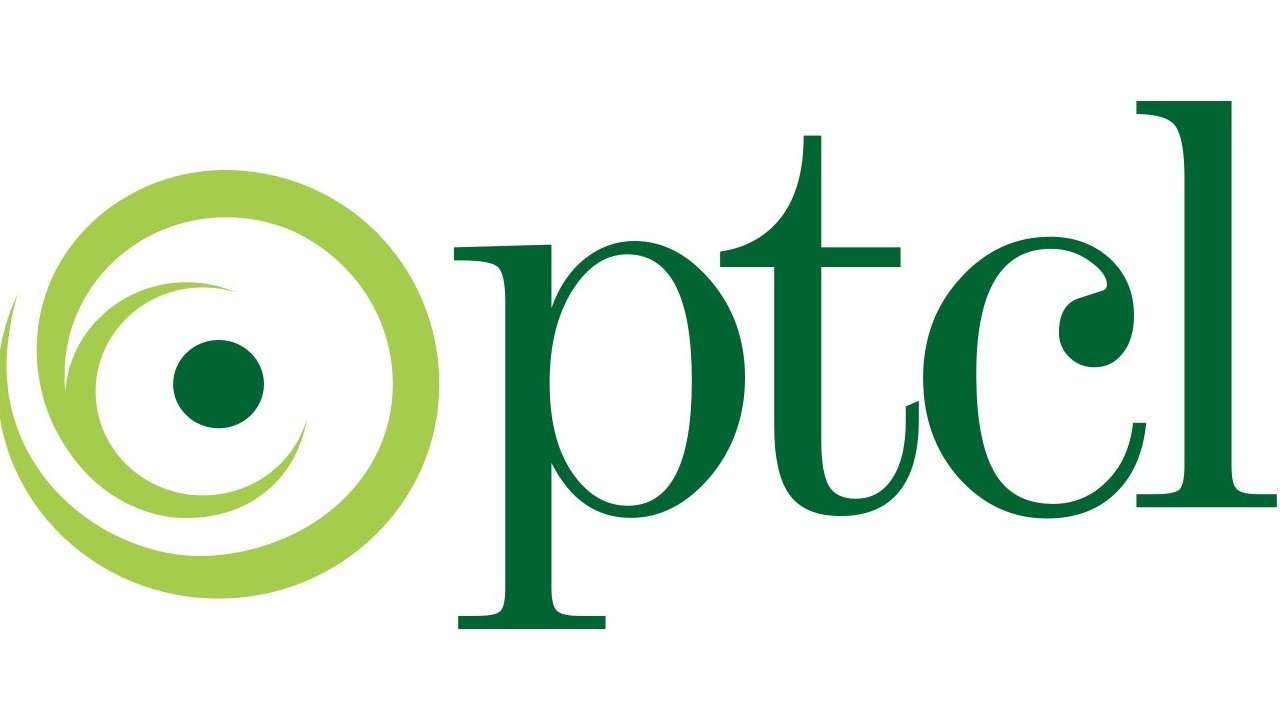Introduction
In a significant legal decision, the Islamabad High Court (IHC) upheld the Pakistan Telecommunication Authority’s (PTA) directive for Zong, one of Pakistan’s leading mobile network providers, to refund over Rs 2 billion to its customers. This ruling marks a pivotal moment for consumer rights within Pakistan’s telecommunications industry, reinforcing the importance of transparency, fair billing practices, and corporate accountability.
This article will delve into the details of the case, explore its implications for Pakistan’s telecom sector, and analyze the challenges that both consumers and telecom operators face as the industry navigates this ruling. It will also discuss the broader context, including ongoing taxation issues and the potential impact on future investments in the sector.
Zong’s Unlawful Charges: The Core of the Dispute
Background of the Case
The conflict began when the Pakistan Telecommunication Authority (PTA) issued a directive to Zong to refund an amount of Rs 2,028,038,584, which had been collected from customers as service, maintenance, or administrative charges between April 26, 2019, and July 12, 2019. The charges were applied each time a prepaid card worth Rs 100 was loaded, with Rs 10 being deducted as an additional charge. Zong claimed that these deductions were for “service maintenance” costs, but the PTA argued that the charges lacked any legal basis.
Court Ruling and Appeal
The Islamabad High Court (IHC), led by Justice Mian Gul Hassan Aurangzeb, ruled in favor of the PTA, dismissing Zong’s appeal. The court determined that the charges were unlawful, as they violated Pakistan’s regulations on consumer protection in the telecommunications sector. The court emphasized that such deductions were inconsistent with the regulations set by the PTA and were not justifiable under the law.
Zong was instructed to refund the Rs 2 billion to its affected customers by providing balance credit without imposing any validity restrictions. The ruling also called for full transparency in how these funds had been collected, requiring Zong to provide detailed reports on the amounts deducted from each customer during the disputed period.
The Broader Implications for Pakistan’s Telecom Sector
Consumer Rights and Protection
The IHC’s decision is a major victory for consumer rights in Pakistan. It demonstrates a growing commitment to protecting telecom users from unfair business practices and encourages more regulatory oversight in the sector. For years, consumers in Pakistan have been dealing with hidden charges and other billing discrepancies from telecom providers, and this ruling sets a precedent for more stringent enforcement of regulations.
Impact on Zong and Other Telecom Providers
For Zong, the ruling represents a financial burden. The company must refund a substantial sum, which could have an impact on its profitability and operational stability. This is especially significant in the highly competitive telecom market, where companies are already dealing with increased costs and revenue pressures.
Moreover, the ruling has implications for other telecom operators in Pakistan. While this case specifically addresses Zong’s actions, it signals to the industry that the PTA and the judiciary are taking consumer complaints seriously. Other providers may be more cautious about implementing similar charges, as they risk facing similar legal challenges.
Challenges for Pakistan’s Telecom Industry: Taxation and Regulatory Hurdles
Concerns Over Heavy Taxation
Beyond the issue of unlawful charges, Pakistan’s telecom sector is grappling with other significant challenges. One of the most pressing concerns is the heavy taxation imposed on telecom services. The Pakistan Telecom Operators Association (PTOA) recently voiced its concerns over the taxes introduced in the 2024 budget, arguing that excessive taxation is straining the industry and discouraging foreign investment.
In a letter addressed to Senator Salim Mandviwala, the Chairman of the Standing Committee on Finance, the PTOA warned that unresolved tax issues could lead to telecom companies withdrawing from the market. This could result in a further reduction in investment, which would be detrimental to Pakistan’s overall technological infrastructure.
The Risk of Foreign Investment Loss
The PTA’s focus on consumer protection is important, but without a balanced approach to taxation and regulatory policies, the telecom industry could face serious setbacks. If foreign investors perceive the market as unstable or overregulated, they may pull out, which could result in stagnation in technological advancements and a loss of valuable resources for the telecom sector.
The PTOA highlighted that despite contributing a substantial amount to Pakistan’s economy—PKR 340 billion in tax revenue last year and USD 15 billion in foreign direct investment over the years—Pakistan’s telecom industry remains under threat due to these unresolved taxation and regulatory issues. If not addressed promptly, these concerns could derail the progress made so far.
What Lies Ahead for Zong and Pakistan’s Telecom Industry?
The Way Forward for Zong
For Zong, complying with the IHC’s decision to refund over Rs 2 billion is just the beginning. Moving forward, the company must implement measures to ensure greater transparency in its billing practices. Zong will likely face closer scrutiny from both regulatory bodies and consumers, who will expect the company to adopt more customer-friendly practices.
Zong may also consider strengthening its relationship with the PTA to avoid further legal battles and protect its reputation in the marketplace. A proactive approach to resolving consumer complaints and enhancing customer support services could help the company regain the trust of its user base.
The Need for Balanced Regulatory Policies
For the broader telecom sector, the IHC ruling underscores the need for a more balanced regulatory approach. Policymakers must ensure that consumer protection does not come at the expense of the industry’s growth. To this end, a more comprehensive framework that addresses both the concerns of telecom providers and the rights of consumers is essential.
The government must also address the concerns raised by the PTOA regarding taxation, as continued fiscal pressure could stifle growth and hinder Pakistan’s ability to keep pace with global telecom standards.
FAQs about Zong’s Refund Order and Pakistan’s Telecom Sector
1. Why was Zong ordered to refund over Rs 2 billion?
Zong was ordered to refund over Rs 2 billion because it unlawfully deducted Rs 10 from customers each time they loaded a prepaid card worth Rs 100. These deductions, labeled as service or maintenance charges, lacked legal justification.
2. How will Zong refund the money to its customers?
Zong is required to refund the deducted amount to its customers through balance credit, without imposing any validity restrictions, ensuring that affected customers receive their full compensation.
3. What are the implications of the court ruling for other telecom providers?
The ruling sets a legal precedent, indicating that other telecom providers could face similar scrutiny if they engage in unjust billing practices. The decision encourages transparency and consumer protection within the telecom sector.
4. How does the taxation issue affect Pakistan’s telecom industry?
Heavy taxes have created financial strain on telecom operators, with concerns that excessive taxation could discourage foreign investment and hinder the growth of the sector.
5. What steps can Zong take to avoid further legal issues?
Zong should enhance its billing transparency, adopt more customer-friendly practices, and engage with the PTA to prevent future disputes. Strengthening customer support and improving communication with regulatory authorities will also be essential.
Conclusion
The IHC’s decision to compel Zong to refund over Rs 2 billion to its customers is a significant milestone for consumer rights in Pakistan’s telecom sector. This ruling, while benefiting consumers, highlights the need for a fair regulatory environment that balances both the interests of telecom operators and the protection of customers. As the industry navigates ongoing challenges such as taxation and regulatory hurdles, a collaborative approach between the government, telecom companies, and consumers is vital for ensuring the sector’s sustainable growth.
ALSO READ
https://flarenews.pk/2024/12/29/samsung-one-ui-7-beta-delays-and-whats-next/



